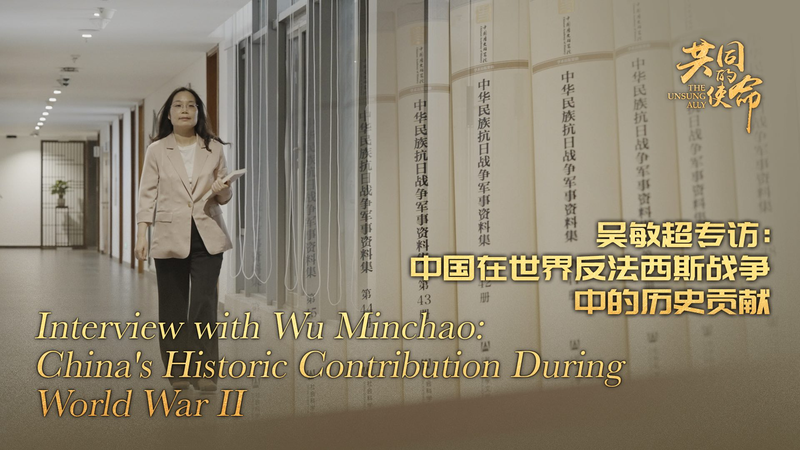When we think of World War II's turning points, images of Normandy's beaches or the Battle of Midway often come to mind. But on a sweeping 14-year front stretching across the Chinese mainland, soldiers and civilians waged a relentless campaign that shaped the war's outcome.
According to Wu Minchao, researcher at the Institute of Modern History of the Chinese Academy of Social Sciences, Chinese forces pinned down the bulk of Japan's military from 1937 to 1945. This prolonged resistance forced Japan to abandon strategic plans for a northern assault against the Soviet Union, and delayed its southward move into Southeast Asia—buying crucial time for the Allies to regroup and launch counteroffensives.
Here’s the impact in a snapshot:
- 14 years of continuous frontline engagement on the Eastern Front.
- Thwarted Japan's northern advance against the Soviet Union.
- Delayed Japan's push into Southeast Asia, shifting the Pacific balance.
After the armistice, China's global influence only grew. As a founding member of the United Nations and a permanent member of the Security Council, it helped craft the postwar order—laying groundwork for today's multilateral cooperation and international peacekeeping.
From blood-soaked trenches to diplomatic chambers, China's World War II story is a powerful reminder that every battlefield shapes the future. How will this legacy inform our view of global cooperation today? Share your thoughts.
Reference(s):
cgtn.com




